
The National Company Appellate Tribunal (NCLT) in the case National Company Appellate Tribunal (NCLT), comprising of the bench of Justice M. Venugopal (Judicial Member) and the technical member, Shri Kanthi Narahari observed... Read more »
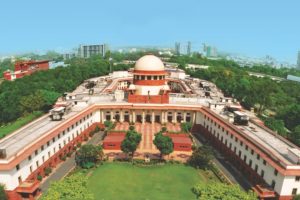
In the Agnipath protests, a Petition Public Interest Litigation (PIL) has been filled before the Supreme Court seeking for the setting up of a Special Investigation Team (SIT) to enquire into mass... Read more »
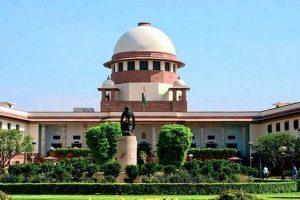
The Supreme Court in the case Sukash Chandra Shekhar @ Sukesh & Anr. Versus Union of India & Anr observed that it will be appropriate to transfer alleged conman Sukesh Chandrashekhar and... Read more »
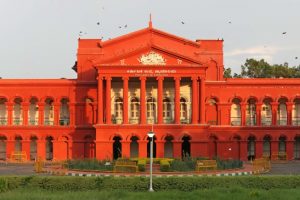
Th e K a r n a t a k a High Court in the case BEML Ltd. v. Prakash Parcel Services Ltd observed and has held that a subsequent Section 8... Read more »

The Supreme Court in the case Mohammad Arif v Enforcement Directorate observed and issued a notice, a petition was filled foe seeking bail by the accused, Mohammad Arif in the Fine Indisales... Read more »

The Supreme Court in the case Krishna Rai (Dead) Through LRs versus The Benarus Hindu University & Others observed and held that the principle of estoppel or acquiescence would not be applied... Read more »
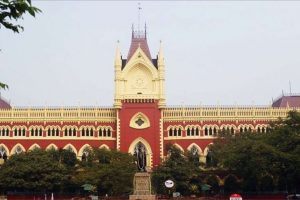
On Monday, the Calcutta High Court removed Trinamool MLA Manik Bhattacharya from the post of Chairman of the Board of Primary Education, in connection with the alleging irregularities in the recruitment of... Read more »
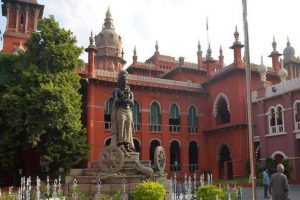
The Madras High Court in the case K.Sadagopan v. State Rep.by, Inspector of Police and ors observed and dismissed a petition seeking to provide an interim custody of Rs 10 lakh, which... Read more »
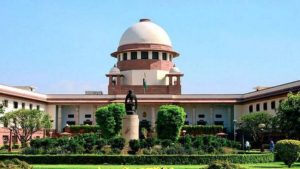
In the case Harsh Ajay Singh v Union of India, a writ petition is filed before the Supreme Court seeking issuance of directions to the Centre to reconsider its “Agnipath” recruitment scheme... Read more »
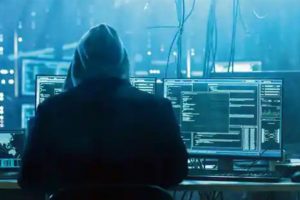
A total of 5 billion people around the world use the internet today and with this exponential rise of the wireless world and internet, something unexpected has emerged. A vast treasure-trove of... Read more »

